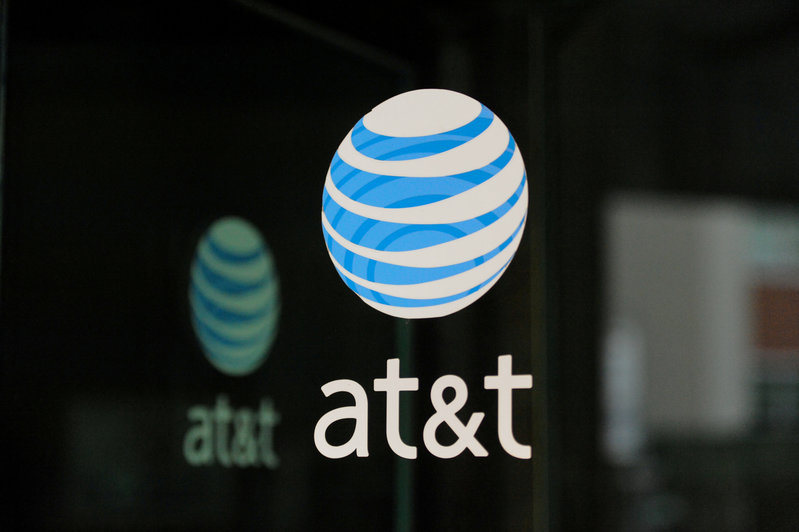SpaceX launched its 15th rocket this year on Wednesday, the National Space Council met last week for the first time in nearly a quarter-century and satellites the size of shoeboxes are vaulting into orbit.
The cost of space access is plummeting.
Morgan Stanley estimates the space industry, worth about $350 billion today, will grow into an economy worth more than $1.1 trillion by 2040, a team of analysts wrote in a note Thursday.
Private companies from the likes of Elon Musk and Jeff Bezos are driving much of the recent innovation in the industry, and Morgan Stanley admits investment opportunities are limited. Look to companies providing and benefiting from internet bandwidth, the firm says, where most of the upcoming value in the space industry will come.
A diversified list of stocks emerges as Morgan Stanley’s “Space 20,” or the companies best poised to benefit from the exponential growth the firm expects. Technology and legacy aerospace companies like Alphabet and Boeing feature prominently, along with perceived dark horses such as GoDaddy and Analog Devices.
“We estimate a $400 billion incremental revenue opportunity from providing internet access to under- or unserved parts of the world,” Morgan Stanley’s team said.

Internet bandwidth from satellites is what the firm calls a “second order impact” — a way for internet companies to benefit from the increasing efficiency and decreasing cost of satellites.
“The demand for data is growing at an exponential rate, while the cost of access to space is falling by orders of magnitude,” Morgan Stanley said.
The prediction marks a significant departure from the status quo, where space industry revenues come from the government, ground equipment and consumer television sectors.

The autonomous vehicle industry is “a similar event path” to the space industry, Morgan Stanley said. Self-driving technology moved “from complete obscurity and skepticism to a dominant investor theme,” the firm says.
The analysts caution that “history is littered” with warnings about what to expect from investing in the final frontier.
“It may be different this time, due to the lower costs to access space,” Morgan Stanley added.

